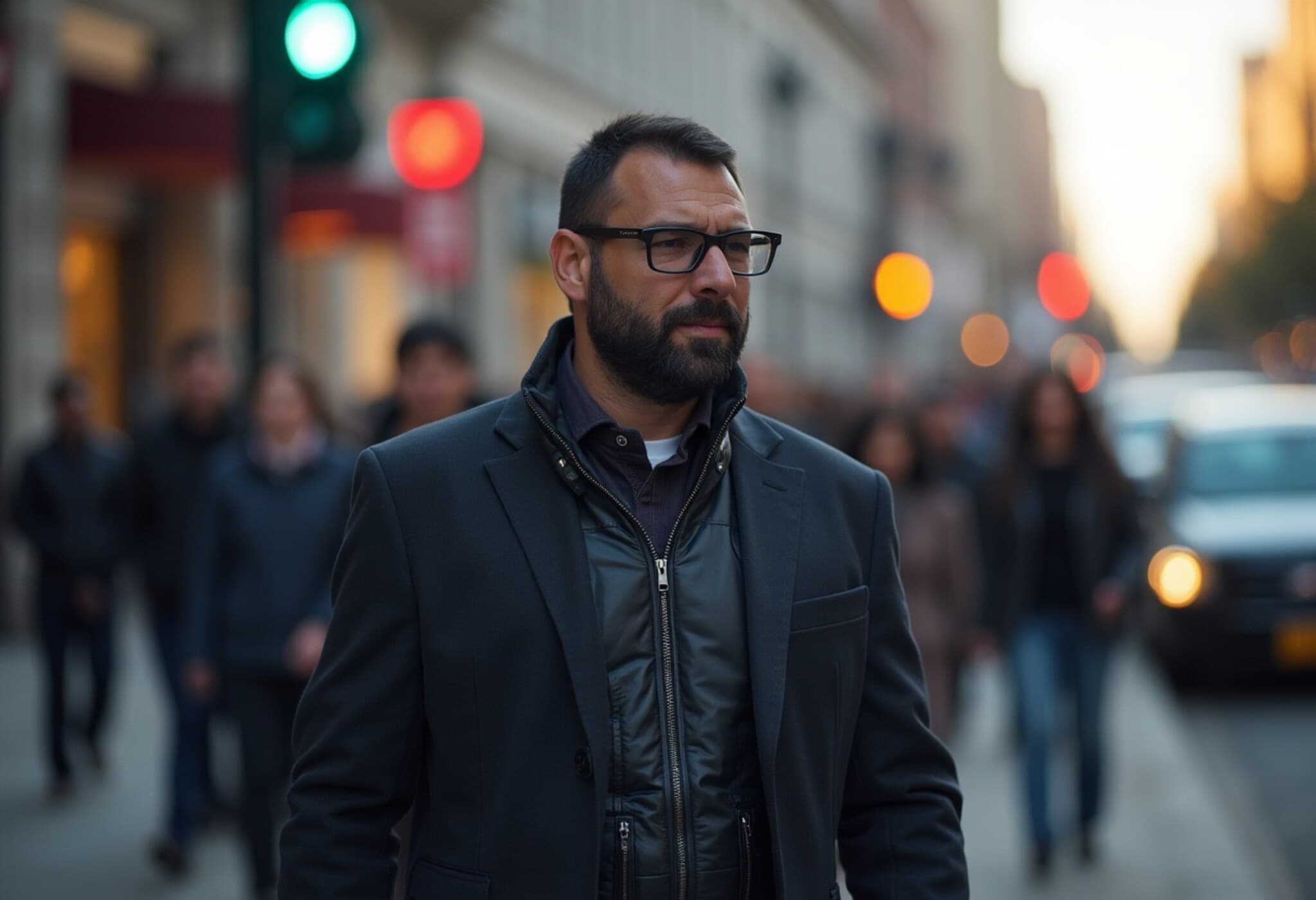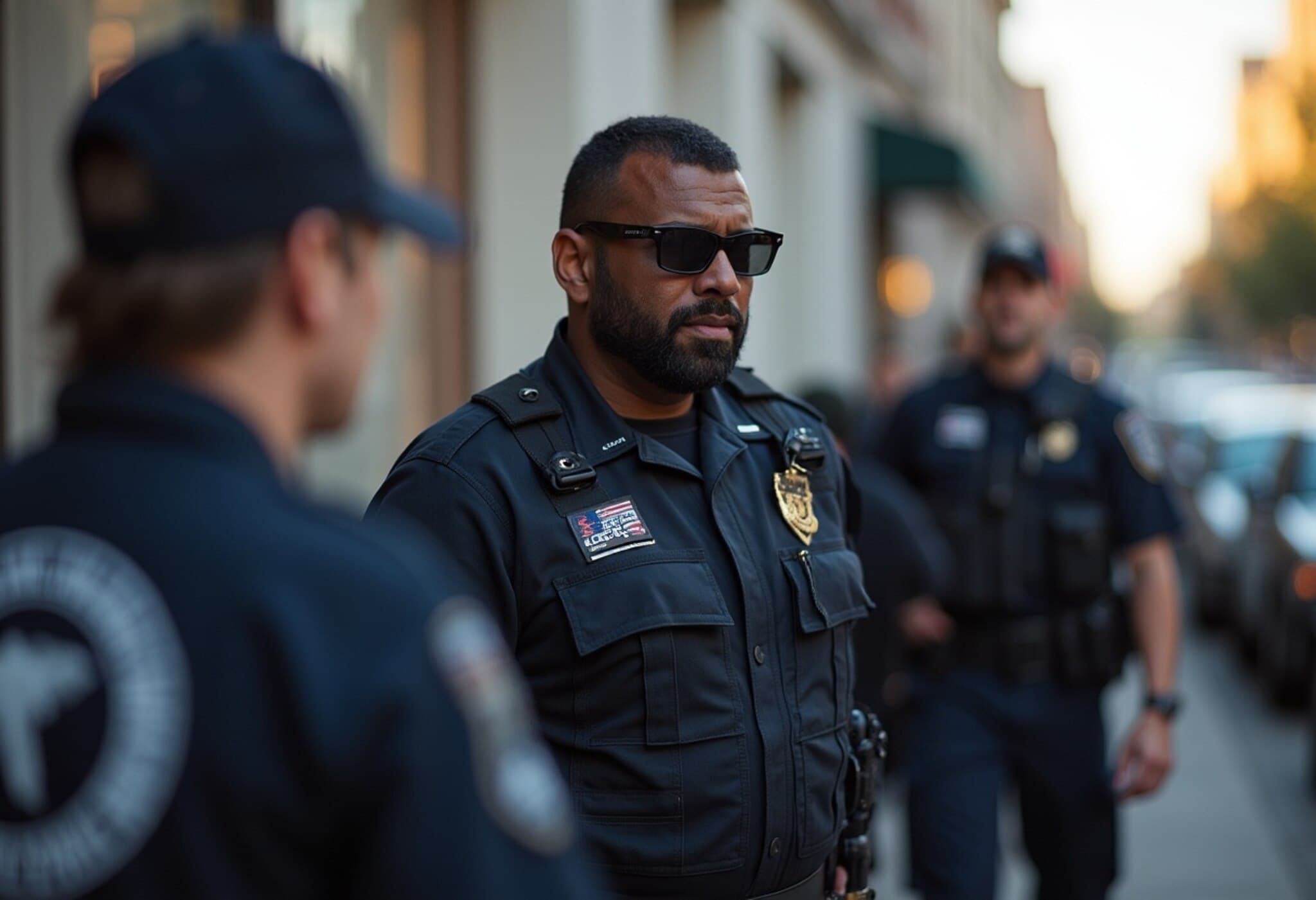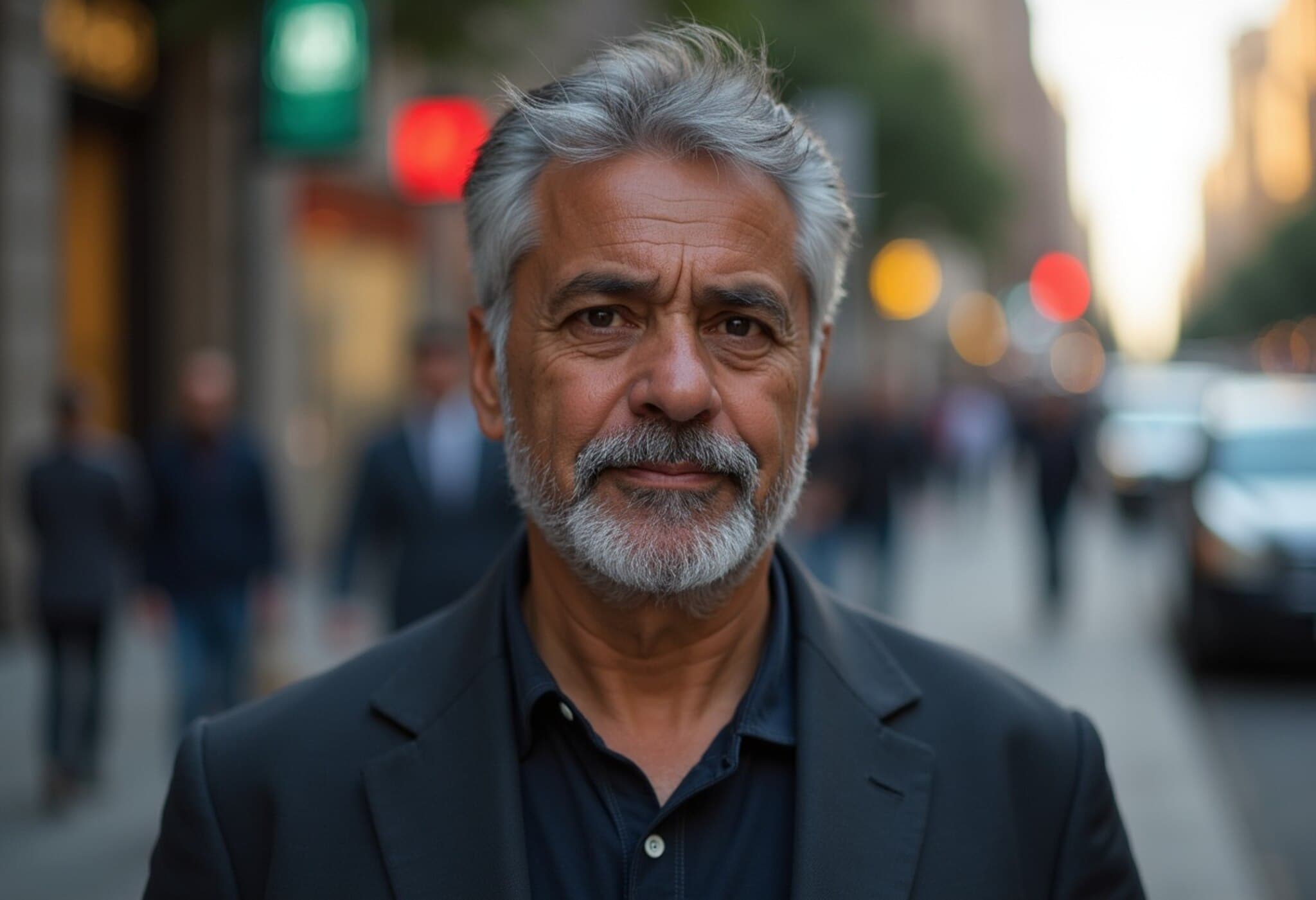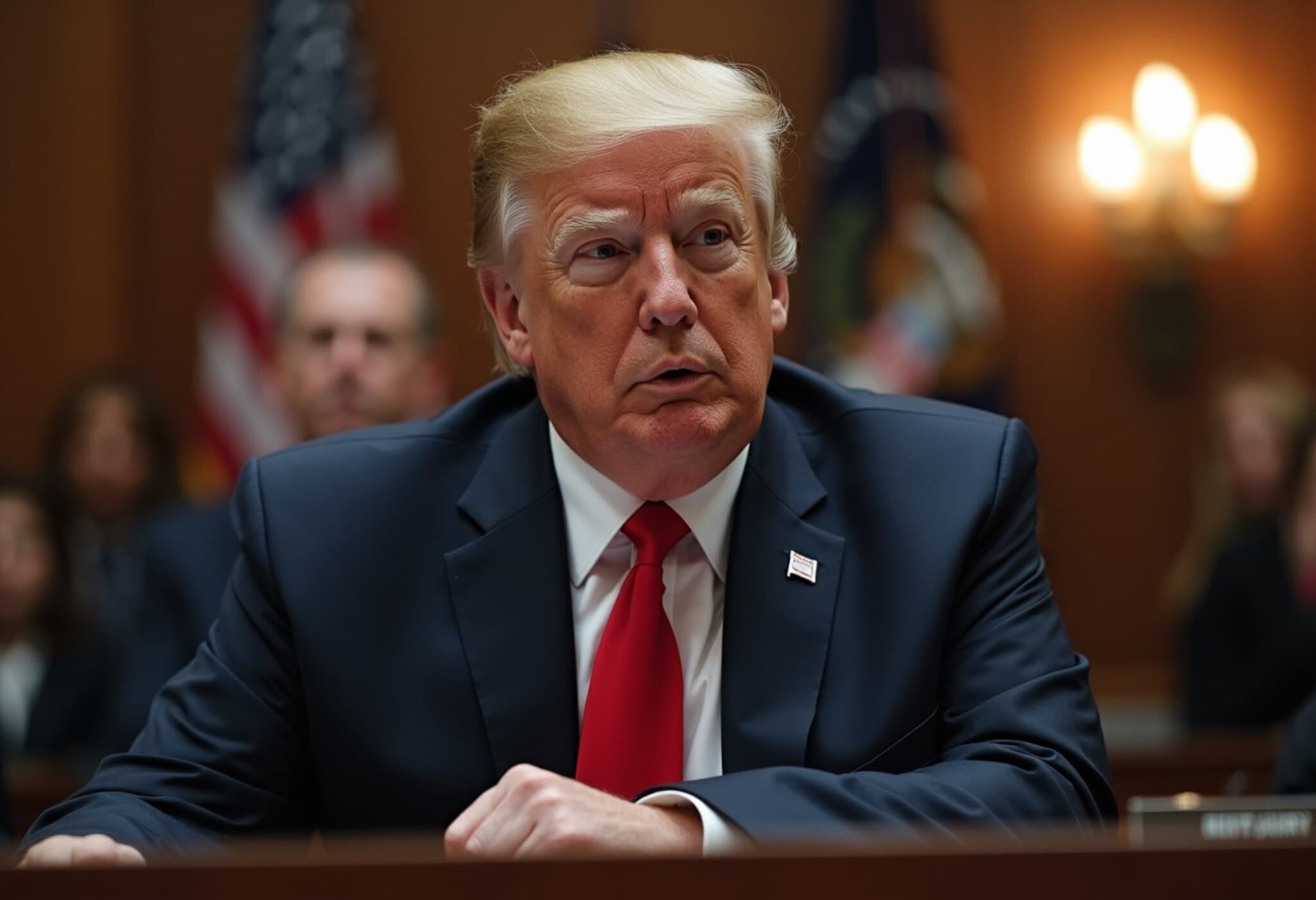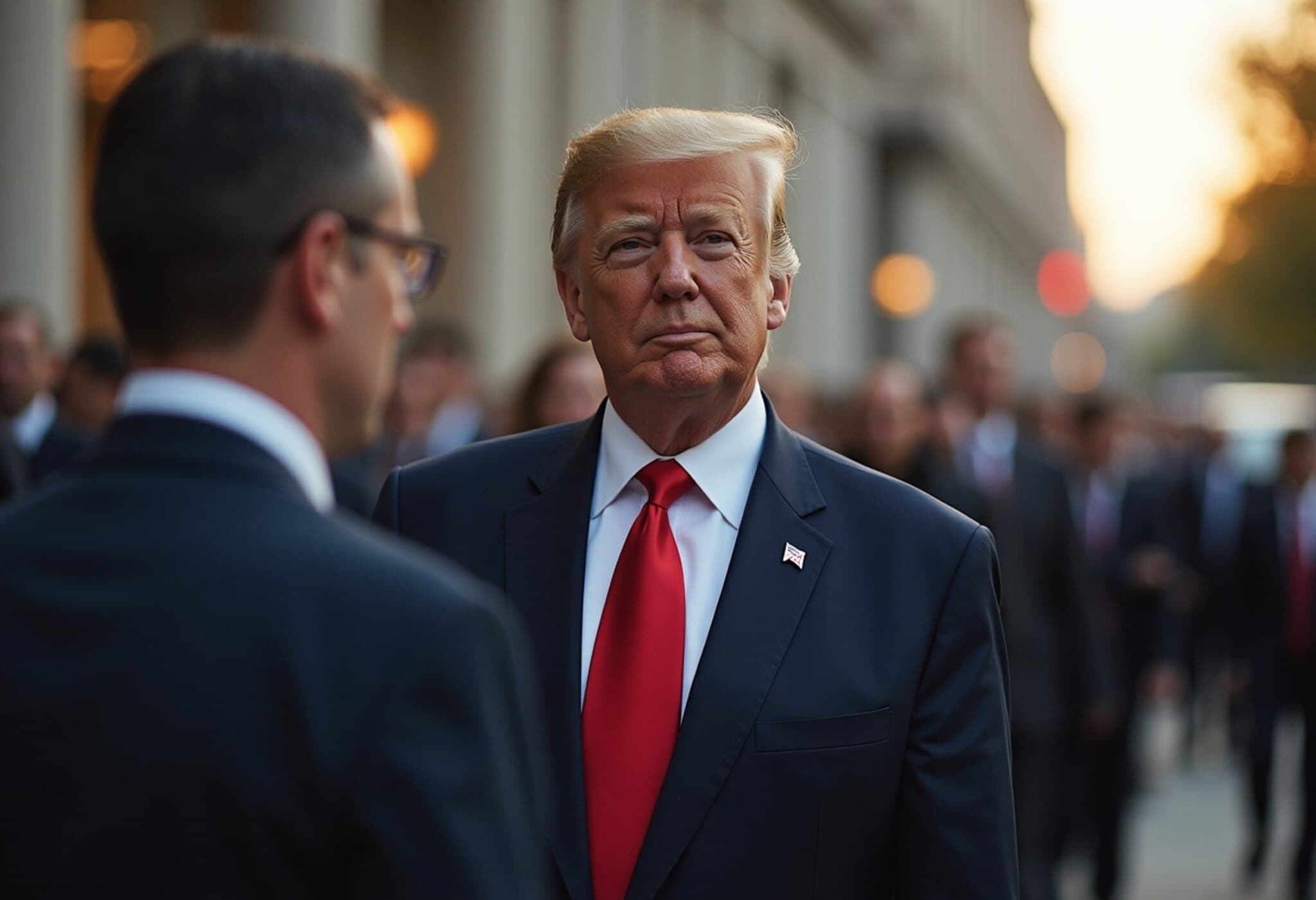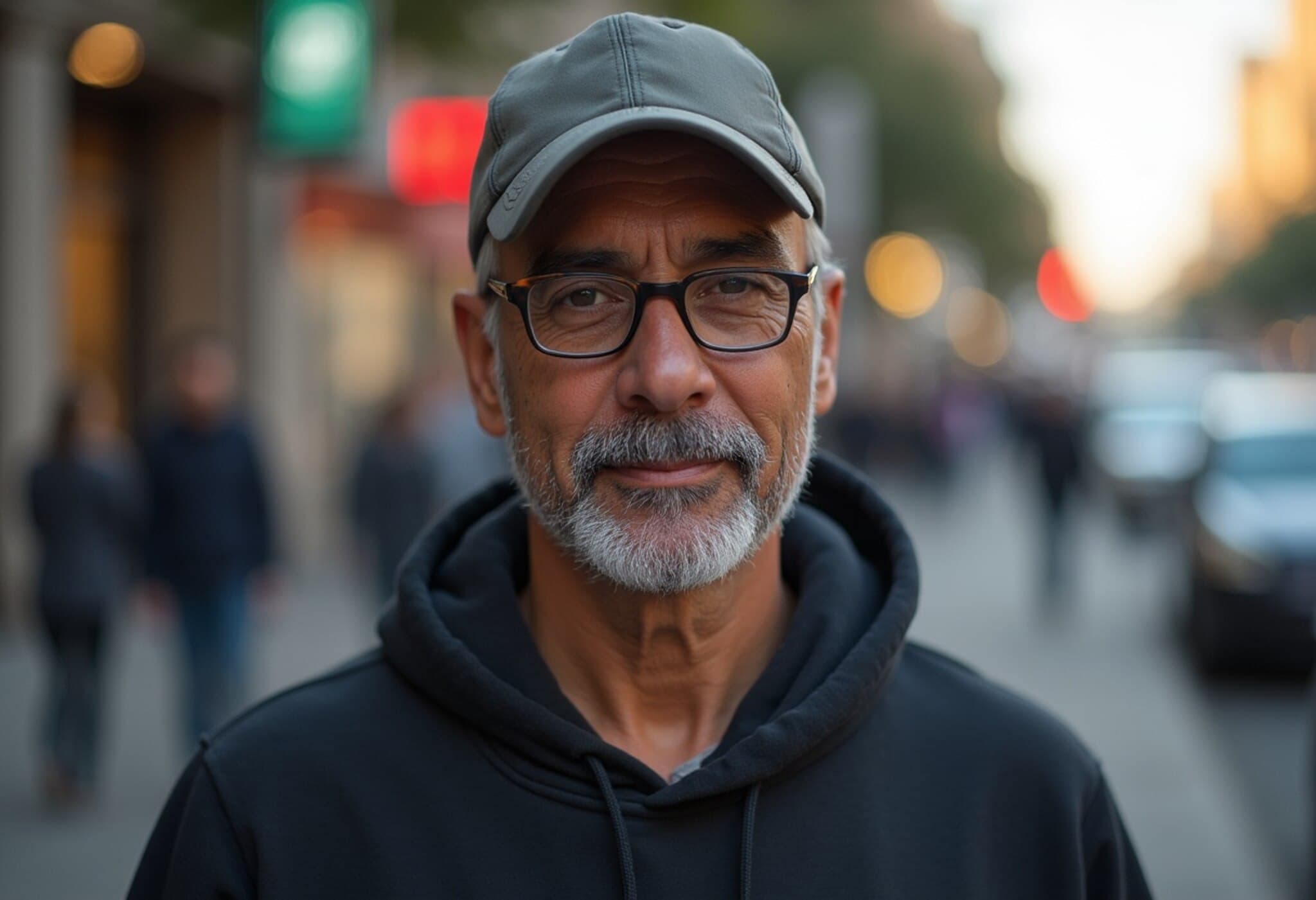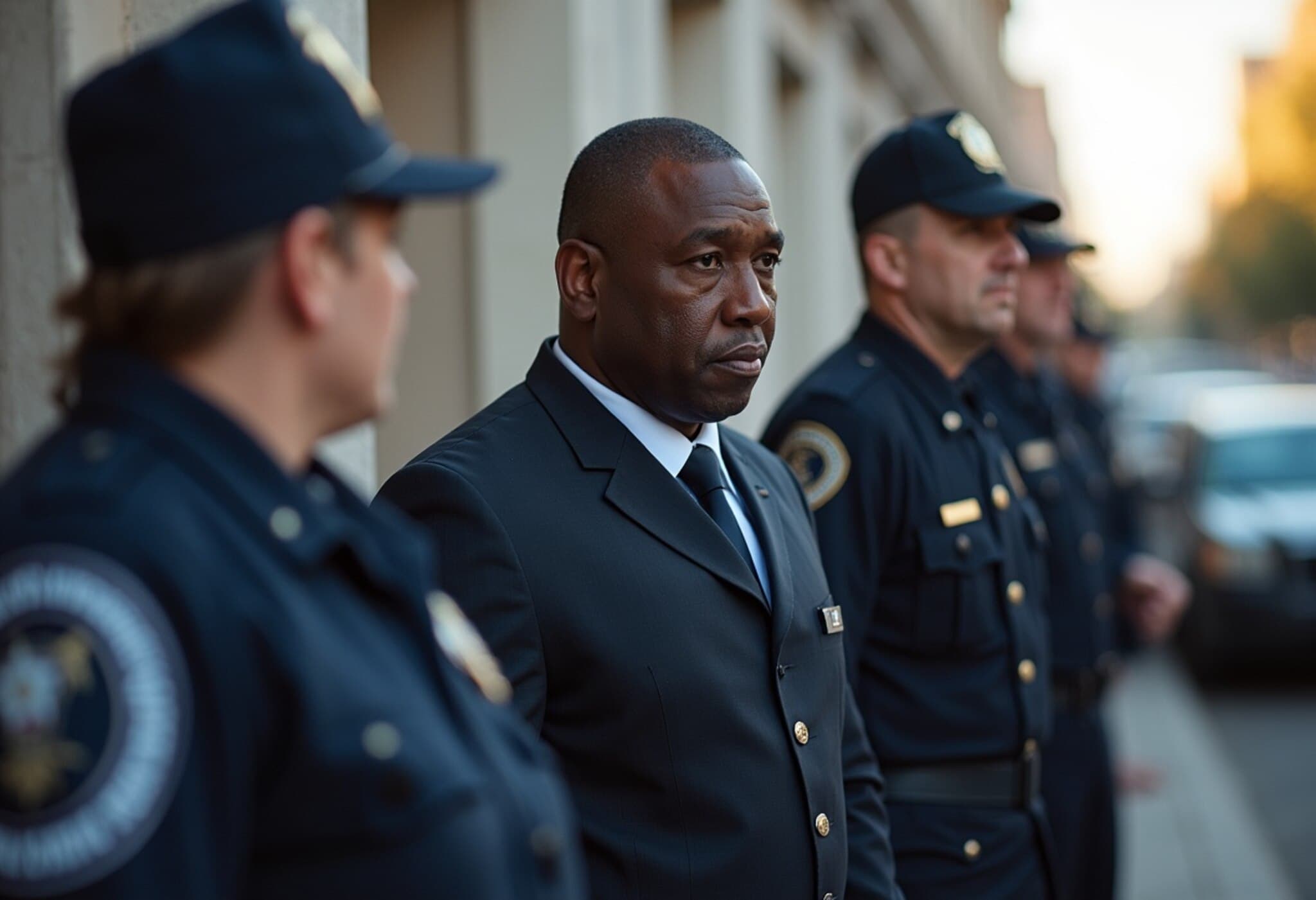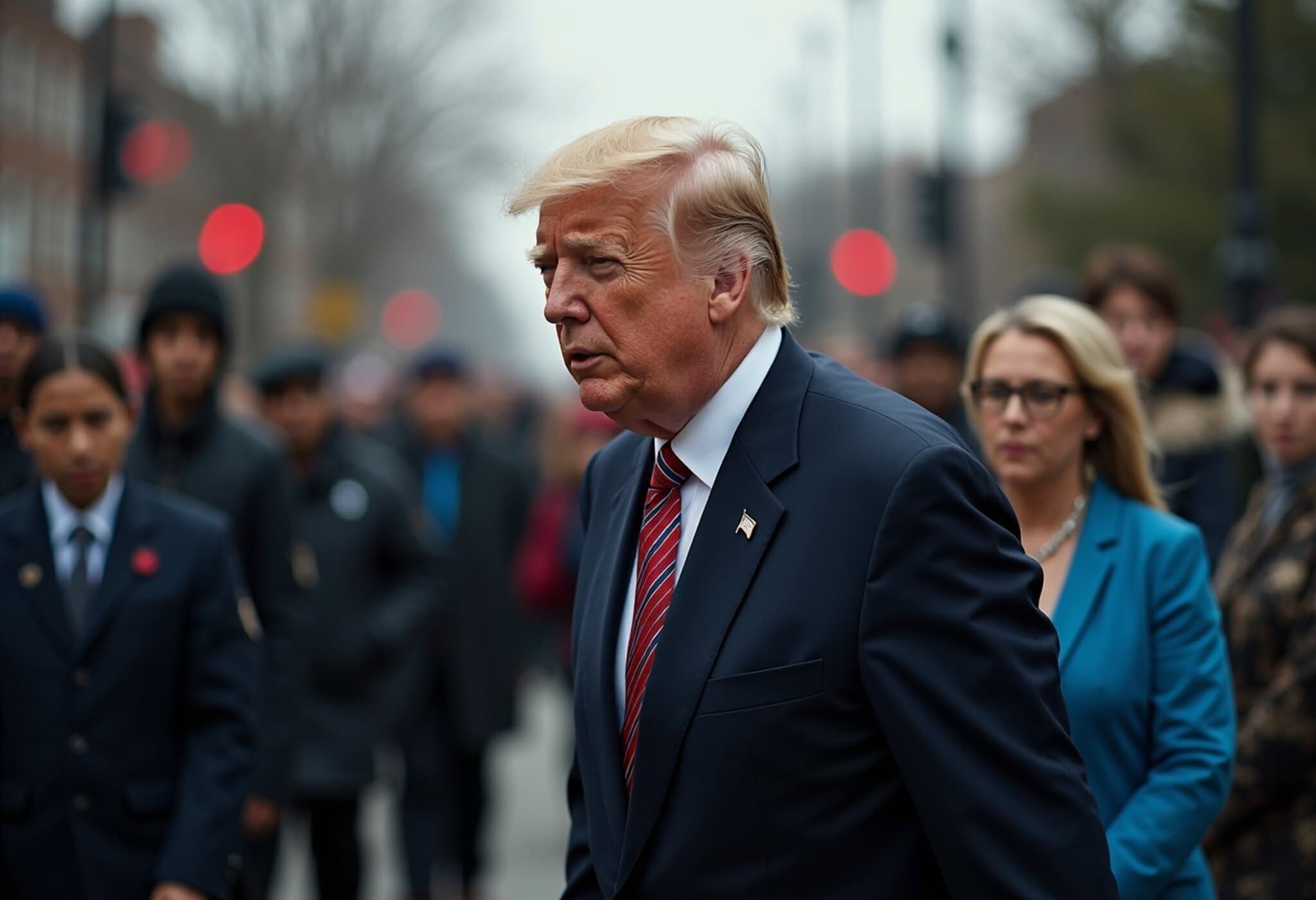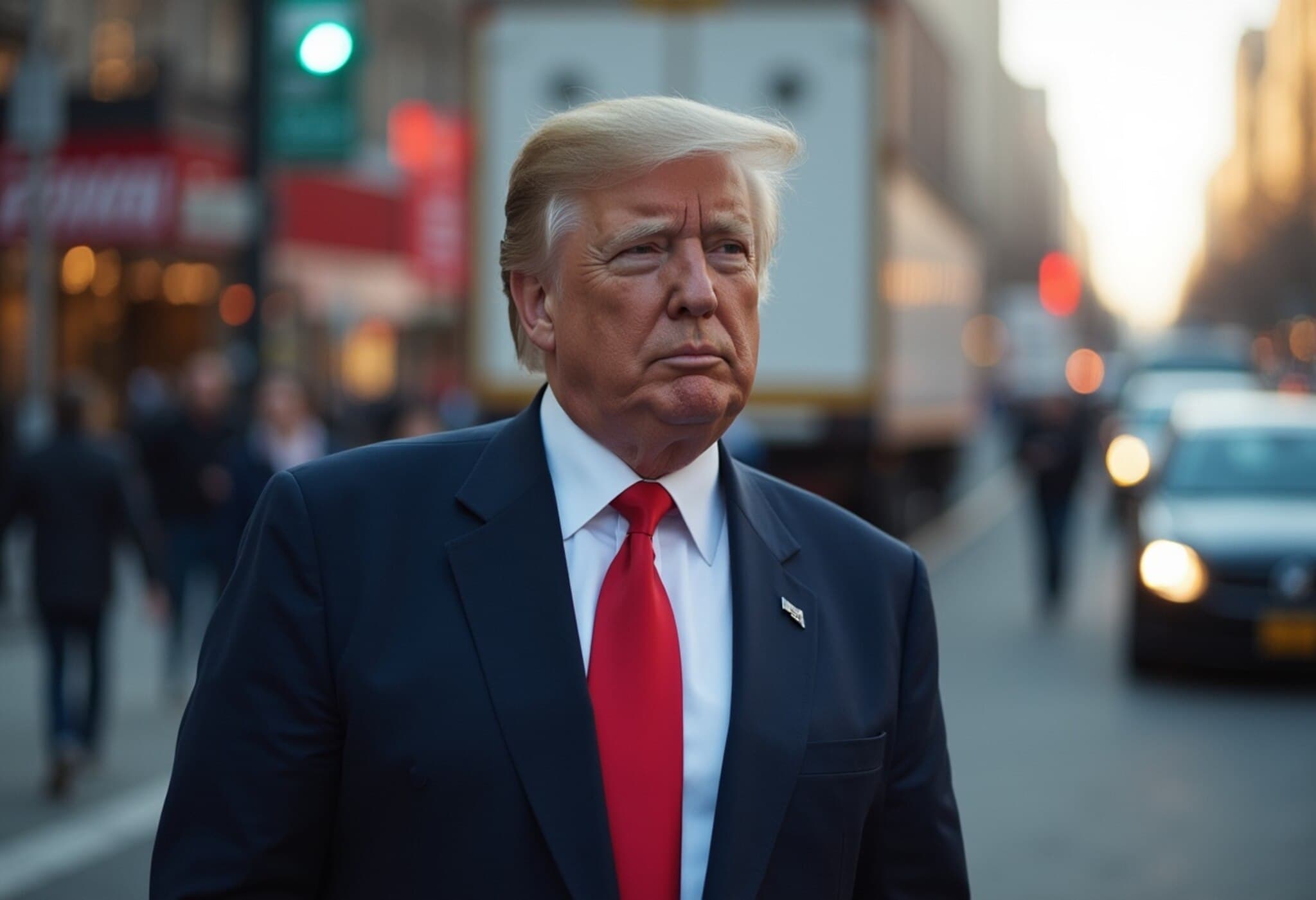Federal Appeals Court Stops Trump-Era Immigration Tactics in Southern California
In a significant legal decision on Friday night, a federal appeals court sustained a lower court's temporary injunction that bars the Trump administration from carrying out indiscriminate immigration stops and arrests in Southern California. This ruling underscores ongoing tensions around immigration enforcement methods and constitutional rights in the region.
Context of the Legal Challenge
The case stems from a lawsuit filed by immigrant advocacy organizations, supported by three detained immigrants and two U.S. citizens as plaintiffs. These groups accuse the administration of systematically targeting Hispanic and Latinx communities based on race, language, and location during its aggressive crackdown on undocumented immigrants.
The dispute centers on a July 12 order by U.S. District Judge Maame E. Frimpong, who ruled there was a "mountain of evidence" indicating that federal immigration practices violated constitutional protections against racial profiling and unlawful detention.
Key Points from the Court's Order
- Constitutional Concerns: The court emphasized that factors such as race or ethnicity, speaking Spanish or English with an accent, or being present at certain workplaces such as car washes or tow yards cannot justify suspicion alone for detaining individuals.
- Legal Standards: The appeals court questioned the government's argument, highlighting that an injunction preventing constitutional violations cannot be viewed as harmful if those stops genuinely lack reasonable suspicion.
- Impact on Communities: The order protects not only undocumented immigrants but U.S. citizens who may be subjected to invasive, racially motivated policing tactics without cause.
Pushback from the Federal Government
Representing the government, attorney Jacob Roth argued the injunction was overly broad and that immigrant advocates failed to conclusively demonstrate an official policy of unconstitutional stops. He stressed the government’s need to consider various factors for reasonable suspicion, urging the courts not to ban their use categorically.
However, the judiciary panel — including Judge Jennifer Sung, appointed by the Biden administration — challenged the government's rationale, clarifying that while certain factors might be considered, on their own they amount to profiling, failing the legal standard required for reasonable suspicion.
"In an area like Los Angeles where Latinos constitute nearly half the population, these factors cannot reliably differentiate between documented and undocumented individuals," Judge Sung said, underscoring the risk of broad, discriminatory enforcement.
Broader Implications and Community Response
The Los Angeles area has long been a flashpoint in the immigration debate, witnessing widespread protests and heightened federal law enforcement presence, including National Guard deployments. Many residents, some longtime community members, fear the administration’s approach fosters fear and discrimination, tearing apart families and undermining trust in law enforcement.
Brian Gavidia, one of the plaintiffs, was filmed pleading with agents "I was born here in the states, East LA bro!" during a sudden detention at his workplace. His story symbolizes the wider community worry about racial profiling and unjust treatment.
Los Angeles Mayor Karen Bass hailed the ruling as a "victory for the rule of law" and vowed to continue protecting residents against unlawful tactics that threaten civil rights.
Looking Ahead
The case is moving forward with a preliminary injunction hearing scheduled for September, which could issue a more substantial and lasting court order as the lawsuit unfolds. This litigation represents a critical moment in defining the limits of immigration enforcement within constitutional guardrails, especially in diverse urban centers.
Expert Insight: The American Civil Liberties Union (ACLU) Perspective
Mohammad Tajsar, an attorney with the ACLU, emphasized the stakes: "We do not want to return to an era where a U.S. citizen can be arbitrarily seized and humiliated simply for working in a Latino neighborhood. This legal battle is about safeguarding dignity, constitutional rights, and community integrity against unchecked government power."
Conclusion: Balancing Enforcement and Rights
This court ruling spotlights a deeper, nationwide challenge — how to balance vigorous immigration enforcement with respect for constitutional protections and community trust. As immigration remains a divisive issue, courts, policymakers, and enforcement agencies face mounting pressure to ensure their actions are effective, lawful, and equitable.
The Ninth Circuit's affirmation of constitutional protections in immigration enforcement comes at a pivotal time in U.S. policy discourse. It invites crucial reflection: How can law enforcement agencies uphold legal standards without resorting to racial profiling? What mechanisms will communities and courts use to hold authorities accountable? This case sets an important precedent, reminding us that civil liberties must remain central to immigration debates.

